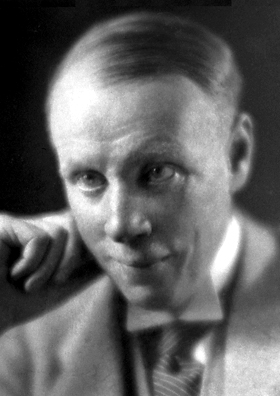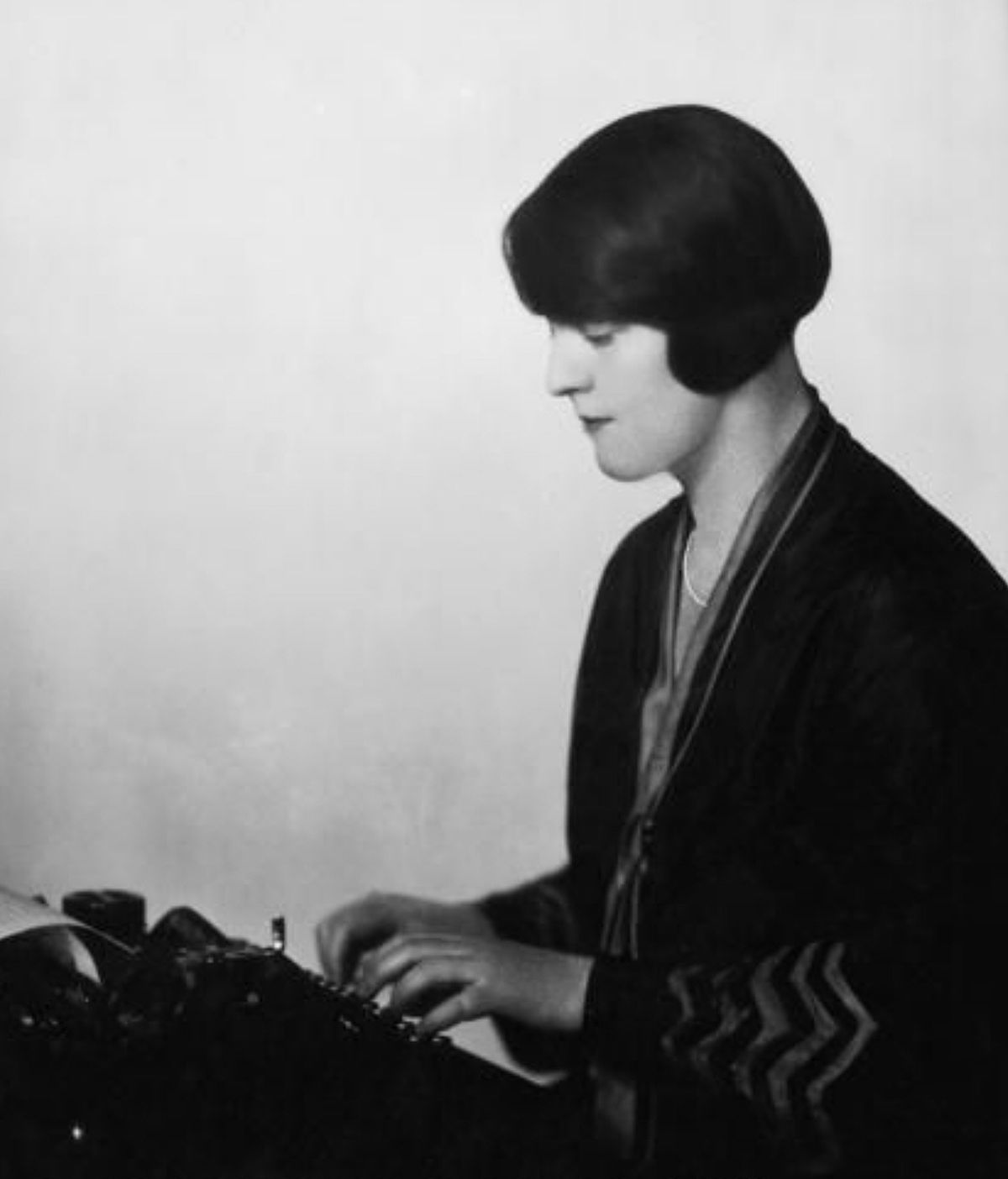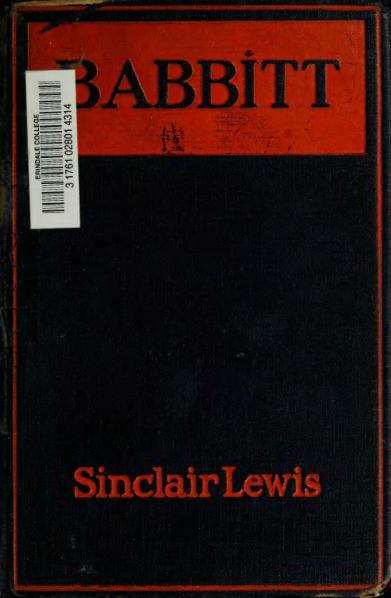American author and Nobel laureate, Sinclair Lewis, was born in 1885 in the small Minnesota town of Sauk Centre. He was the youngest son of the town doctor. Unlike his two older brothers, he was awkward, gangly, sensitive and bad at sports. He also had very bad acne and was teased mercilessly for his looks. His was a lonely childhood. However, he showed an early aptitude for writing and found an escape in journaling and books. He left Sauk Centre at the age of seventeen to attend Oberlin Academy (Oberlin College) for a year. After his year at Oberlin, he was accepted to Yale where he was a contributor to and editor for the Yale Literary Magazine. Over the course of his career, he authored twenty-three novels, numerous short stories, articles, plays and poetry. Here are five interesting facts about one of America's first great satirists.
1.) Thirteen-year-old runaway

When he was thirteen, Sinclair Lewis ran away from home with hopes of joining the Spanish-American War as a drummer boy. His plans were foiled when his father caught him at the train station and made him come home.
2.) Plot Dealer
While a student at Yale, Lewis met Jack London who had come to lecture on Socialism. Gifted at devising creative plots, Lewis sold fourteen short story ideas to London in 1910 for the price of $70. One of those plots became London's unfinished novel, The Assassination Bureau, Ltd.
3.) Two-time Spouse of Successful Career Women

Sinclair Lewis was married twice and divorced twice. In 1914 he married Grace Livingston Hegger, an editor for Vogue Magazine. The two met in an elevator in the New York office building in which they both worked. At the time, Lewis was working for Stokes Publishing Company, which had its offices a few floors below the Vogue offices. The couple had one son together, Wells Lewis. However, they separated in 1925 and divorced in 1928.
In May of 1928, Lewis married well-known journalist, Dorothy Thompson who led the Berlin bureau of the New York Post. She was staunchly anti-Hitler and has the distinction of being the first American journalist expelled from Germany, an order given by Hitler himself. In 1939 she appeared on the cover of Time magazine, which named her one of the two most influential woman in America, the other being Eleanor Roosevelt. Lewis and Thomson had one son together, Michael Lewis, but the two divorced in 1942.
4.) Father of a Decorated War Hero
Lewis's son, Wells Lewis, who was named after H.G. Wells, was killed in action during World War II. After graduating from Harvard—where during his senior year he wrote a well-received novel titled, They Still Say No—Wells Lewis enlisted in the army a year before the U.S. entered World War II. He served in active combat in Morocco, Tunisia, Sicily, and Italy before coming under the command of Major General John Dahlquist in France, where he served as Dahlquist's personal aid. During his military service, he achieved the rank of first lieutenant and earned both a silver star and a bronze star. On October 29, 1944, just south of Paris, he was shot by a sniper and died instantly, collapsing into the arms of Major General Dahlquist.
5.) Declined the Pulitzer Prize, Accepted the Nobel Prize

In 1930 Sinclair Lewis was the first American to win a Nobel Prize for literature. The Prize was given to him for the five noteworthy novels he wrote during the 1920s, Main Street, Babbitt, Arrowsmith, Elmer Gantry, and Dodsworth. In 1926, Lewis's novel Arrowsmith was awarded a Pulitzer Prize; however, he declined the Prize saying he didn't approve of contests in which one author was deemed better than another. When asked why he was willing to accept the Nobel Prize, but not the Pulitzer, he said it was because the Nobel was much less commercial and was awarded based on the merit of a career rather than a single book.
Despite his long and successful career as a great American novelist, Sinclair Lewis ended his life much like he started it: lonely. With failing health, he was surrounded mostly by secretaries he'd hired as companions. He died on January 10, 1951 in Rome from complications of the alcoholism with which he'd struggled most of his life. His last novel, World So Wide, was published posthumously.









